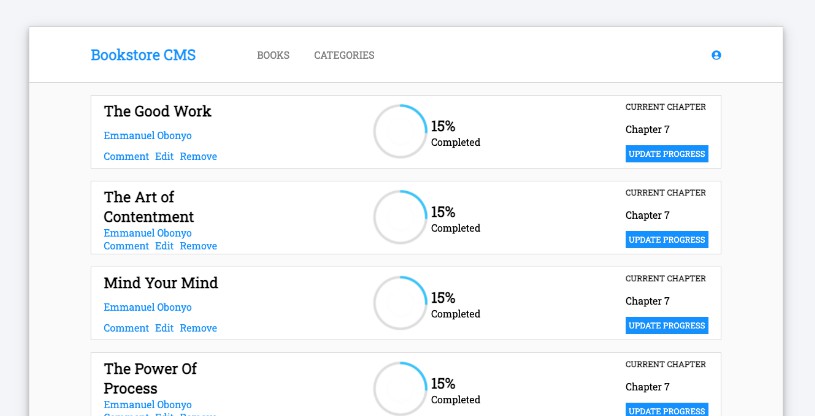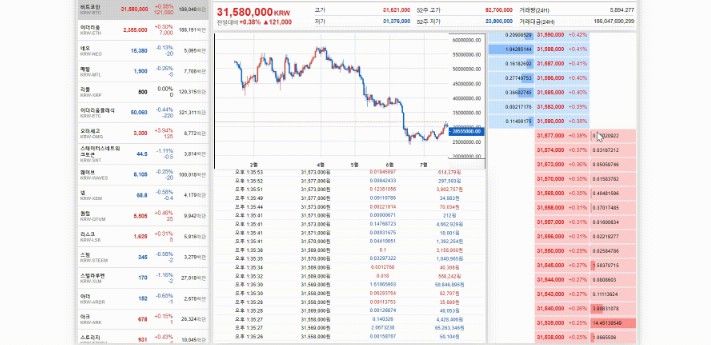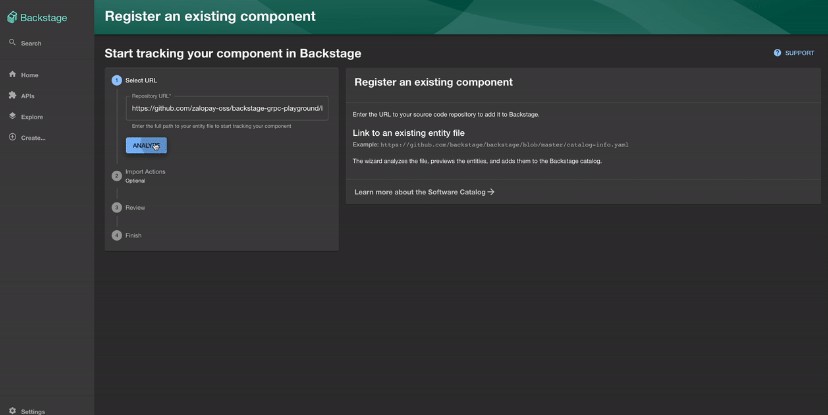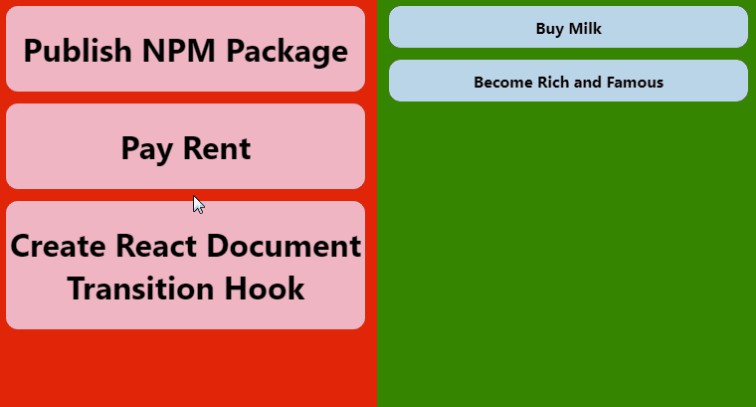React gRPC Query Hook
if you are in love React Query and you're dealing with gRPC in you're application, react-grpc-query is brought to you to use a simple interface to deal with streaming.
we use
protobuf-tspackage in the examples v2 and if you use another tools it's up to you.
https://github.com/timostamm/protobuf-ts
Project Status
Ready to use in your React.js web app
Installation and Setup Instructions
npm i @apingtech/react-grpc-query
or if you use yarn
yard add @apingtech/react-grpc-query
Example:
react-grpc-query uses a global stream handler so you have only one open streams per each key.
At first create a hook for you're stream, and use useStream hook inside.
Three parameters should be specified.
- the first one the
keywhich is astring - the second one is
stream Functionwhich is a the callback function which should connect to your stream transport. (more on later) - the third parameter is called
options
Stream Hook Example
function useExampleStream() {
const [data, setData] = useState([]);
useStream('stream-name', function streamFunction() {}, {
onSuccess(result) {
setData(result);
},
});
return {
data,
isLoading: !data,
};
}
Stream Hook Example with Config
you're hook can also accept some config in this scenario you can keep the key as string by converting an object to json format.
function useExampleStream(config = {}) {
const [data, setData] = useState([]);
useStream(
JSON.stringify({
name: 'stream-name',
id: config.id,
}),
streamFunctionWithConfig(config),
{
onSuccess(result) {
setData(result);
},
}
);
return {
data,
isLoading: !data,
};
}
But, what actually streamFunction is?
streamFunction is just a pure function like this:
we have specified a cancel property in our call which let's the react-grpc-query to stop the streaming after unmounting the component.
the examples are in typescript
function streamFunction() {
const abortController = new AbortController();
const call = new ExampleSubscriberClient(transport).subscribe({
id: 1,
name: 'Lorem',
}) as StoppableStreamingCall<ExampleSubscribeRequest, ExampleResponseEvent>;
call.cancel = () => {
abortController.abort();
};
return call;
}
What about onSuccess?
The onSuccess will fire on every stream event fire.
it is recommended to store onSuccess in a useCallback.
The complete example is the example/useExampleStream.ts folder.




